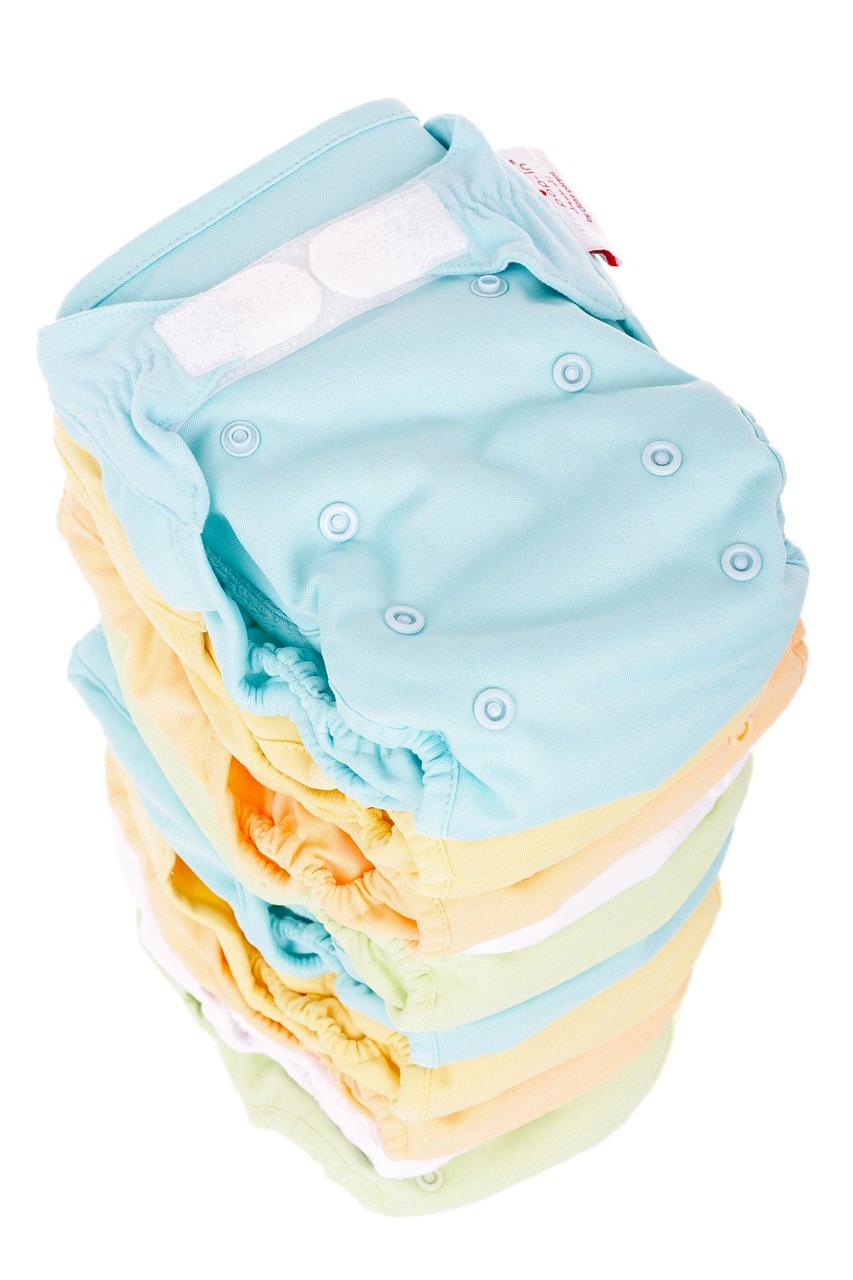As a parent or caregiver, it is crucial to pay attention to your 9-month-old’s hydration levels. A baby’s diaper can provide valuable clues about their hydration status. It’s essential to recognize when your baby might be dehydrated and know when to seek medical advice.
Normal Urination Patterns
On average, a 9-month-old baby should have about four to six wet diapers in a day. This frequency may vary depending on factors such as fluid intake, weather, and overall health. Pay attention to your baby’s typical urination patterns to recognize any deviations.
Signs of Dehydration
Dehydration can be a serious concern, especially in infants. If your 9-month-old has gone without a wet diaper for more than six hours, it could be a sign of dehydration. Look out for symptoms such as dry mouth, reduced tears, and lethargy.
Consulting a Healthcare Professional
If you notice that your 9-month-old hasn’t urinated in more than six hours and is showing signs of dehydration, it’s important to contact your pediatrician or healthcare provider immediately. They can provide guidance on how to address the situation and ensure your baby’s well-being.
Urgent Care Warning Signs
In some cases, extreme dehydration can be a medical emergency. If your baby is exceptionally drowsy, difficult to rouse, or has gone without a wet diaper for 12 or more hours, seek emergency medical assistance right away. These could be signs of severe dehydration.
Preventing Dehydration
Ensuring that your 9-month-old stays adequately hydrated is essential for their health and well-being. Offer them frequent breastfeeds or formula feeds throughout the day, especially in hot weather or when they are unwell.
Monitoring Fluid Intake
Keep track of how much fluid your baby is consuming. Monitor their feeding patterns, wet diapers, and overall behavior to gauge their hydration levels. Babies may need more fluids during illness or periods of increased activity.
Hydration in Different Seasons
Be mindful of how environmental factors can affect your baby’s hydration needs. During hot weather, your 9-month-old may require more fluids to stay adequately hydrated. Adjust their feeding schedule accordingly to prevent dehydration.
Importance of Early Intervention
Addressing hydration issues promptly is crucial for preventing complications in infants. If you have any concerns about your 9-month-old’s hydration status, do not hesitate to reach out to a healthcare professional for guidance and support.
Significance of Regular Check-Ups
Regular pediatric check-ups can help ensure that your baby’s growth and development are on track. Use these appointments to discuss any concerns you may have about hydration, feeding, or overall well-being with your child’s healthcare provider.
Conclusion
Keeping a close eye on your 9-month-old’s urination patterns and diaper changes is an essential part of monitoring their hydration levels. By staying attentive to any deviations from their normal routine and seeking medical advice when necessary, you can help ensure that your baby stays healthy and hydrated.

